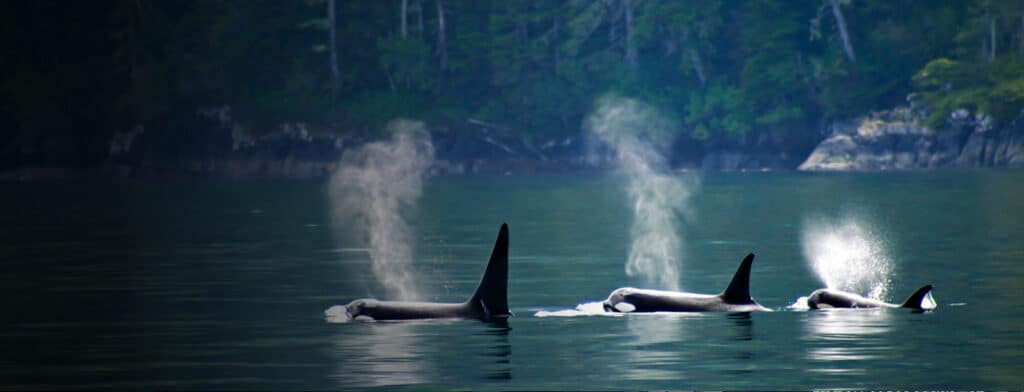
Blog
Search
Issues
Projects
-
Understanding E15: the dangers of more ethanol for consumers and the environment
Today, the majority of U.S transportation fuel is comprised of approximately 10 percent ethanol and 90 percent gasoline, a blend known as E10. However, the ethanol industry recently cleared all federa…
-
Ethanol industry toots its own horn, ignores the cost of ethanol to American taxpayers, consumers, and the environment
Today the Renewable Fuels Association, a trade group for the ethanol industry, released a report claiming corn ethanol reduces gas prices at the pump. It is no surprise that a report bought by the cor…
-
Enforceable environmental standards must be included in Trans Pacific trade agreement
Dateline Dallas: I arrived Tuesday, May 8, in this north Texas city for ten days of intense activity around a new regional trade pact called the Trans Pacific Partnership. During this week and a half…
-
San Onofre’s steam generator failures could have been prevented
The San Onofre nuclear power plant, located between Los Angeles and San Diego, has been kept shut for the past three and half months by Southern California Edison, after radioactivity leaked into t…
-
GE mosquito release remains on indefinite hold — but for how long?
Last weekend the Keynoter newspaper in the Florida Keys reported that plans to release genetically engineered mosquitoes in Key West “
-
Sanders and Ellison champion elimination of fossil fuel subsidies.
Today Senator Bernie Sanders (I-Vt.) and Representative Keith Ellison (D-Minn.) introduced the End Polluter Welfare Act, legislation that goes further than any previous bill to unwind the web of gover…
-
Fossil fuel subsidies: a social justice perspective
Friends of the Earth has long been at the forefront of the effort to eliminate fossil fuel subsidies. These subsidies perpetuate our dependence on the dirty energy sources of the past, rob us of our c…
-
Old trade deal wine in new bottle
U.S. model for Trans Pacific trade pact will generate investment lawsuits threatening the environment In 2001 William Greider, the famed progressive journalist, wrote about the North American Free Tra…
-
Danger from spent nuclear fuel lingers long after memory of disaster fades
Bob Alvarez serves as a senior scholar at the Institute for Policy Studies and as a senior analyst at Friends of the Earth, focusing on nuclear disarmament, the safety risks of nuclear reactors and, i…
-
Bioeconomy Blueprint or biotechnology boost?
Yesterday morning the White House released its National Bioeconomy Blueprint which “outlines steps that agencies will take to drive the bioeconomy—economic activity powered by research and innov…